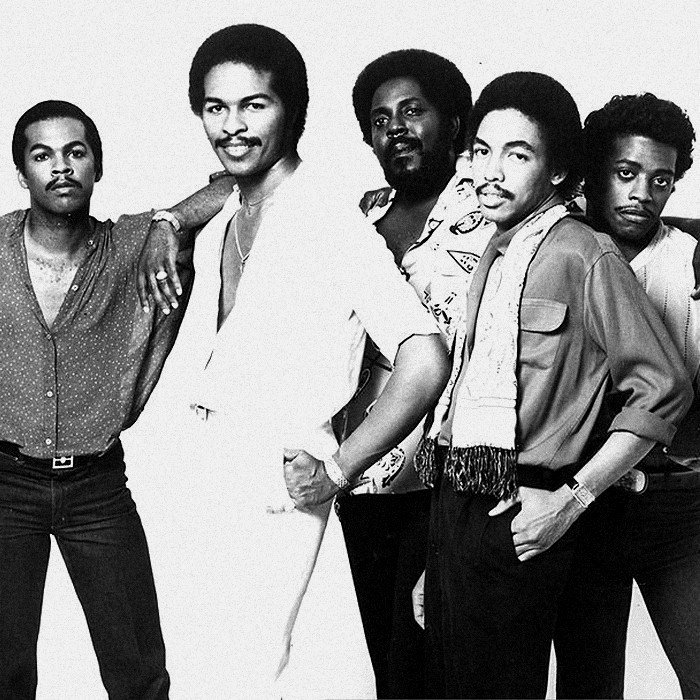Members
4 Male
Origin
 Detroit, Michigan
Detroit, Michigan
Genre
 Funk
Funk
Style
---
Mood
---
Born
4 Male
Origin
Genre
Style
---
Mood
---
Born
2 users
2 users
2 users
2 users
Artist Biography
Available in:
Raydio was an American funk and R&B vocal group formed in 1977, by Ray Parker Jr., with Vincent Bohnam, Jerry Knight, and Arnell Carmichael.
After securing a record deal, the group scored their first big hit in early 1978 with "Jack and Jill", which was taken from their self-titled debut album. The song peaked at #8 on the U.S. Billboard Hot 100 chart, and reached #11 in the UK Singles Chart, earning a gold record in the process. "Is This a Love Thing" peaked at #27 in the UK in August 1978. Their next successful follow-up hit, "You Can't Change That" was released in 1979, and lifted from their Rock On album. The single reached #9 on the Billboard chart that year. In September 1979 they participated in an anti-nuclear concert at Madison Square Garden. Their performance of "You Can't Change That" at this show appears on the No Nukes album.
By late 1980, the group had become known as Ray Parker Jr. and Raydio, and they released two more albums: Two Places at the Same Time (1980), and A Woman Needs Love (1981). These spawned another two Top 40 single hits ("Two Places at the Same Time" - #30 in 1980; and "That Old Song" - #21 in 1981). Their last, and biggest hit, "A Woman Needs Love (Just Like You Do)," was also released in 1981, and peaked at #4 on the Billboard Hot 100.
After acknowledging the band had come to a crossroads and with Parker wanting to go solo, they quietly broke up in 1981.
Wide Thumb
Clearart
Fanart

Banner
User Comments
 No comments yet..
No comments yet..

